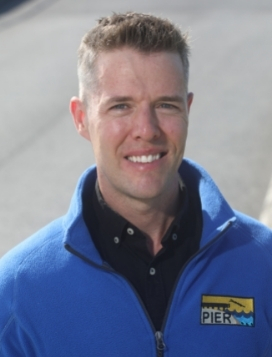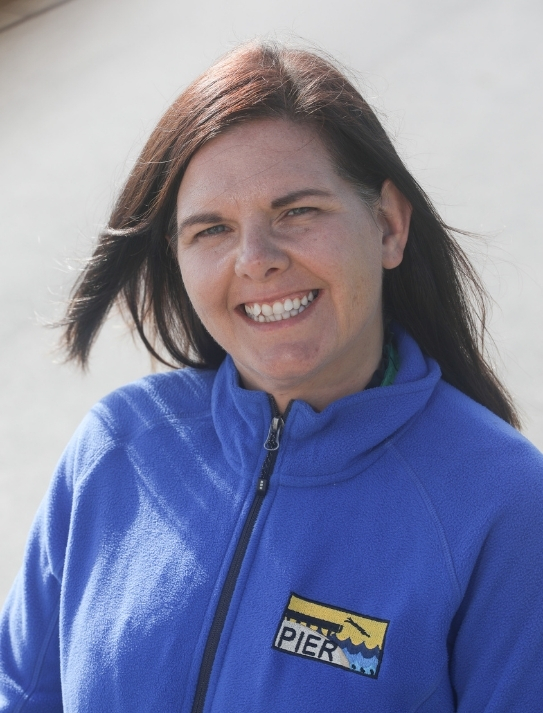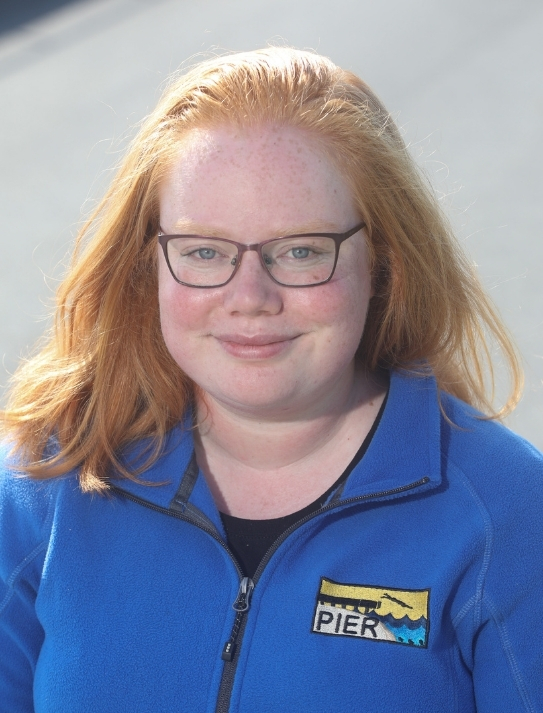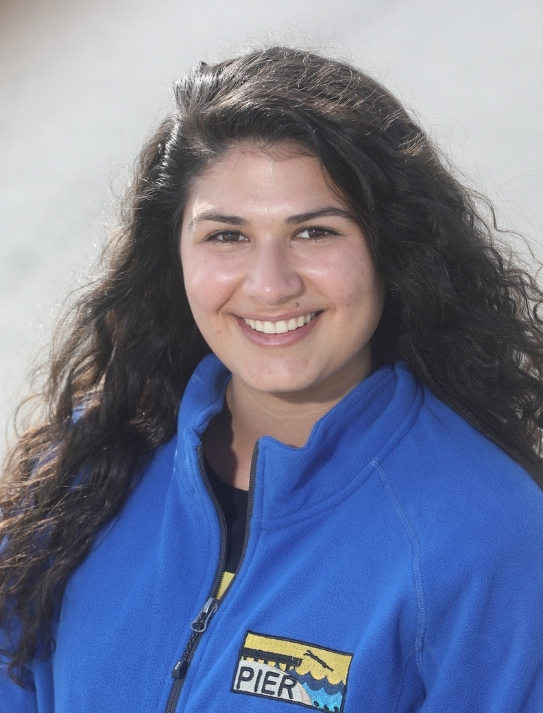Prof. Dearbháile Morris
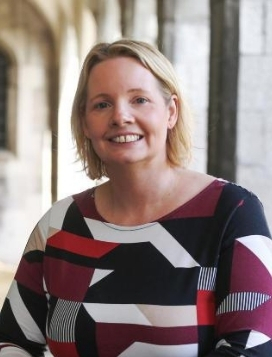
PIER Principal Investigator
Dearbháile is Professor of Antimicrobial Resistance and One Health at NUI Galway’s School of Medicine and Director of the Ryan Institute Centre for One Health. She leads the Antimicrobial Resistance and Microbial Ecology research group within the Discipline of Bacteriology. Dearbháile has over 20 years’ experience performing research on antimicrobial resistant bacteria and other potentially harmful bugs. She is particularly interested in investigating how these bugs spread between humans, animals and the environment. She is an advocate for the One Health concept and believes that the health of humans is closely linked to the health of animals and that of their shared environment. Dearbháile also leads the AREST project – Antimicrobial Resistance and the Environment, which identified the most worrying type of antimicrobial resistant “superbugs” in natural bathing waters around Ireland.








